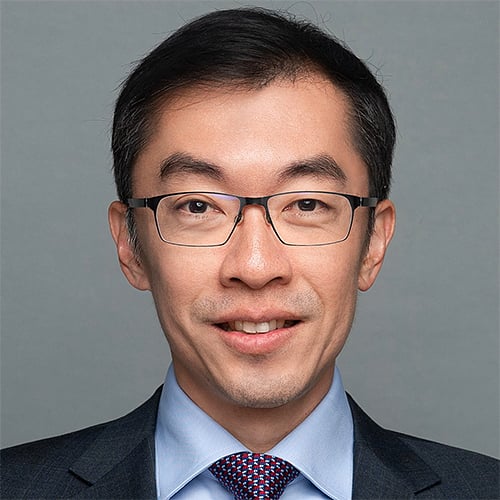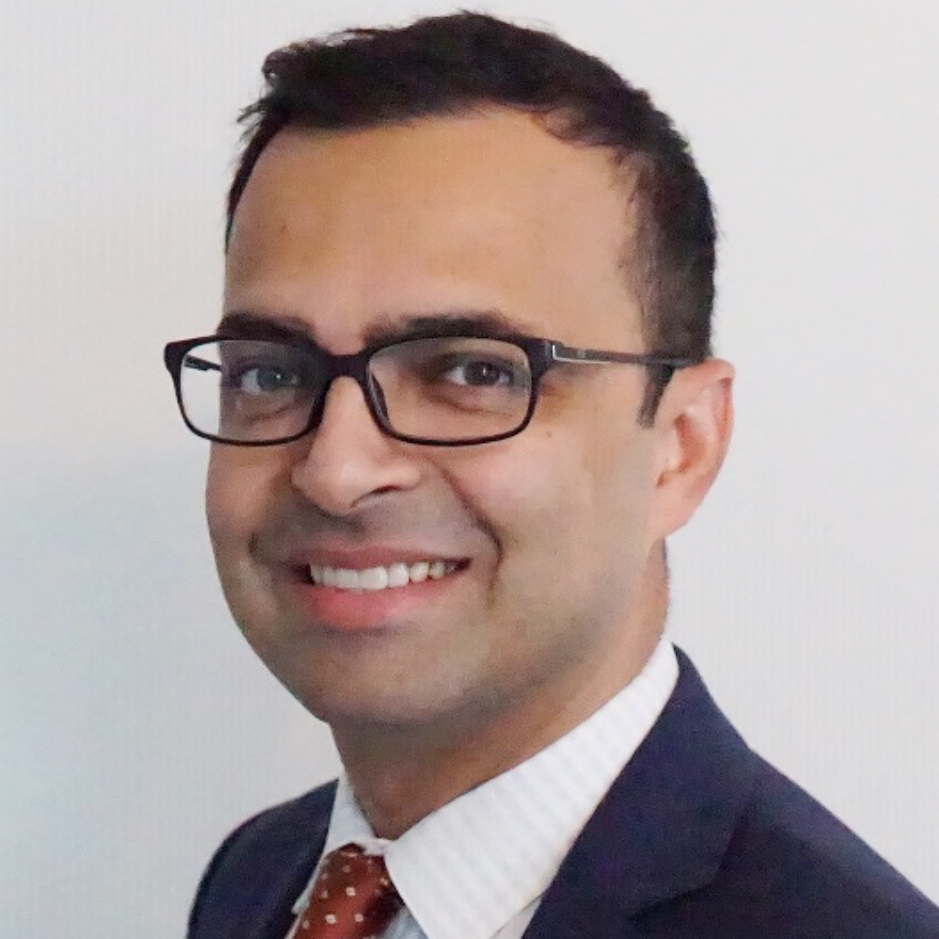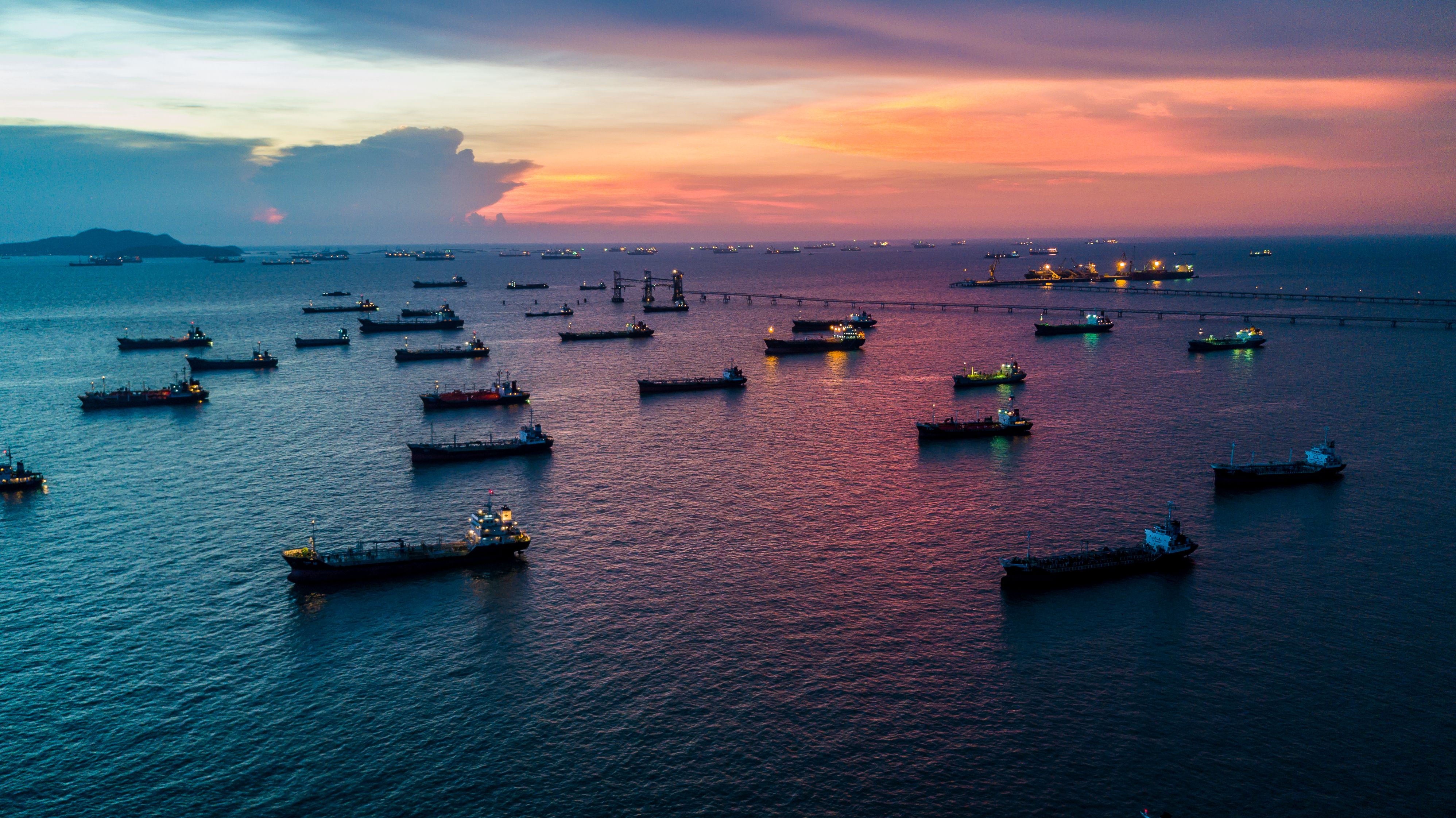 |
|
Private equity (PE), rather than mutual funds, will be the main growth driver of the GCC (Gulf Cooperation Council) region’s asset management industry, according to a study by Markab Advisory and sponsored by Qatar Financial Centre Authority.
The study, “Asset management industry in the GCC: growth dynamics and contours of the next phase of evolution,”says that “despite its youth, and especially in the aftermath of the financial crisis, the industry has shown signs of maturity and consolidation. It has tremendous potential to graduate to the next level of sophistication.”
The key findings of the study include:
· Although the mutual funds industry has registered phenomenal growth during the last decade, future growth of mutual funds will be predicated on depth and diversity of the capital markets. Limiting factors, which include a restricted number of actively traded stocks, concentration of market values in a few sectors and mutual fund investors’ home bias, might hinder growth in mutual funds’ market penetration, which stands at less than three percent of the aggregate market capitalization;
· In the past 10 years or so, a quiet revolution has taken place in the PE sector in the GCC. Standing at USD15 billion (some estimates indicate up to USD18 billion), the industry is equal in size to the equity mutual funds industry (unlike developed countries where the PE industry is a fraction of the size of the mutual funds industry). Following its humble beginnings in the early 2000s, the industry has been through a boom and bust cycle in the last ten years. The industry today is leaner and stronger and is positioned to become a dominant contributor to the growth of the asset management industry over the next four to five years;
· Investor configuration is changing. International and regional institutional investors will be the main sources of capital for PE funds. Asian investors, particularly institutional investors from China, are more likely to consider PE investment platforms. Precedents have been set and more examples are likely to follow. The GCC’s sovereign wealth funds will continue to remain internationally focused, but can play a key role in niche sectors, such as infrastructure funds. Family Groups and high net worth individuals have been among the largest and most significant participants in the regional asset management industry. They will resume their strong role progressively as they iron out legacy issues and rebuild liquidity;
· PE will possibly be the key asset class with the highest growth potential. Within this domain, growth capital, small and medium enterprises and infrastructure are the most attractive asset classes. Smaller funds sector specialization, investor activism and strong corporate governance will define the shape of the PE industry. Established players, especially those with successor funds, will continue to attract investors most;
· Fixed income funds and real estate investment trusts are at very early stages of evolution and face specific challenges;
· Islamic asset management is fast developing as a common thread among all asset classes. The GCC region is naturally positioned to take leadership in this space and become a global hub of Islamic asset management activities;
· Regulators and policy makers in the region need to play a leading role in creating an enabling environment for the growth of the asset management industry. Critical areas of focus include reforming corporate and commercial laws, attracting foreign investors and fund managers, building asset management ecosystems, creating Shariah hubs, ensuring public sector commitment to indigenous asset management platforms, and building complementary propositions for the regional financial centres.
Yousuf Al Jaida, director of asset management at QFC Authority, commented: “The GCC asset management industry, while nascent, has developed rapidly in size and sophistication, and demonstrated extraordinary resilience during the global financial crisis of 2008. It plays a key role in a growing economy, helping companies to unlock value and serving as a catalyst for efficient capital allocation. It is also important for attracting foreign capital. As this report shows, the prospects for the asset management industry in the GCC are very bright.”
Mohammad Athar, managing director of Markab Advisory, commented, “The building blocks for catapulting the GCC asset management industry into next phase of growth are in place. The dynamics of the industry in the region remain unique in terms of its potential sources of growth. There are strong indications of renewed activity in the private equity arena. Over the next 4-5 years, private equity is expected to be major arbiter of capital allocation in the region.”
“The asset management industry and capital markets are central enablers in achieving capital flows and unlocking latent value in assets. The industry has potential for multidimensional growth via consolidation of existing asset classes, introduction of new asset classes, nurturing new asset managers and attracting new financial capital from external investors”, Aamir Rehan, managing director of Markab Advisory, added.









